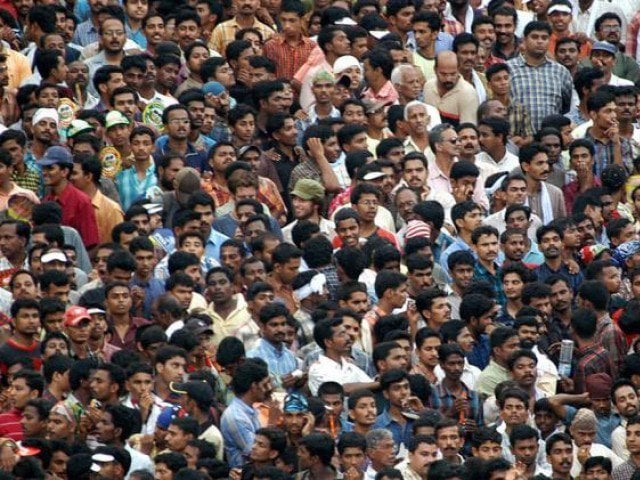
Starting in March, the country will have its first ever digital census but just like the previous census this one too is not short of naysayers, which might result in another limbo. When the last census was conducted in 2017, numerous political parties in Sindh expressed strong reservations against the statistics gathered from the province, which led to the census being withheld. Consequently, now despite the Constitution requiring a fresh census every 10 years, another one is being conducted just after 6 years.
However, like the population tally in 2017, this one, even though it is digital, is already attracting criticism - particularly from Sindh’s nationalist political parties. “The requirement for a computerised national identity card (CNIC) number has been struck off from the census forms, which is not acceptable for us,” said Ayaz Latif Palijo, Chief of the Qomi Awami Tehreek.
Palijo was of the view that not requiring a CNIC meant that refugees and foreigners who were settled in Karachi would outnumber the Sindhi speaking population leading to Sindhi speakers being classified as a minority in their own province. “For instance, if the Afghan refugees are classified as Pashto speakers, it would lead to a higher Pathan population in the province and this will hurt Sindhis,” he explained. The Qomi Awami Tehreek Chief criticised the provincial Pakistan Peoples Party (PPP) government for being unbothered about such a crucial issue.
“The ethnic groups which have a higher population are able to get extra federal government funding and if Sindhis are in minority, they will be deprived of such funding,” said Palijo. However, Taj Murri, Head of the National Party of Sindh, does not see eye to eye with Palijo over the CNIC requirement. “Millions of Sindhi speakers live in the rural areas of the province and lack basic identity cards. If the CNIC requirement is included then they will miss out on being included in the census, which will adversely impact their headcount in the population tally,” Murri observed. Focal person of the Pakistan Bureau of Statistics (PBS), Muhammad Sarwar Gondal, when asked about Palijo’s reservations, concurred with Murri’s observations.
“The purpose of a census in the entire world is to gather information on the people that live in a country so that the government can plan for their education, health, employment, and other needs. Therefore, CNIC and census should not be related to avoid people being skipped in the headcount,” said Gondal. When asked how the new census would help in addressing past reservations, the Focal person for PBS said that since this was a digital population tally, it would prove to be a landmark achievement. “People will be able to enter their data while sitting at home during the first stage of the process through a web link using a computer or a mobile phone. In the second phase, enumerators will go door-to-door to record and verify the data; and in the third phase data will be compiled and sent to the Election Commission of Pakistan,” informed Gondal while talking to The Express Tribune.


1731476617-0/Sandra-Oh-(2)1731476617-0-165x106.webp)















COMMENTS
Comments are moderated and generally will be posted if they are on-topic and not abusive.
For more information, please see our Comments FAQ